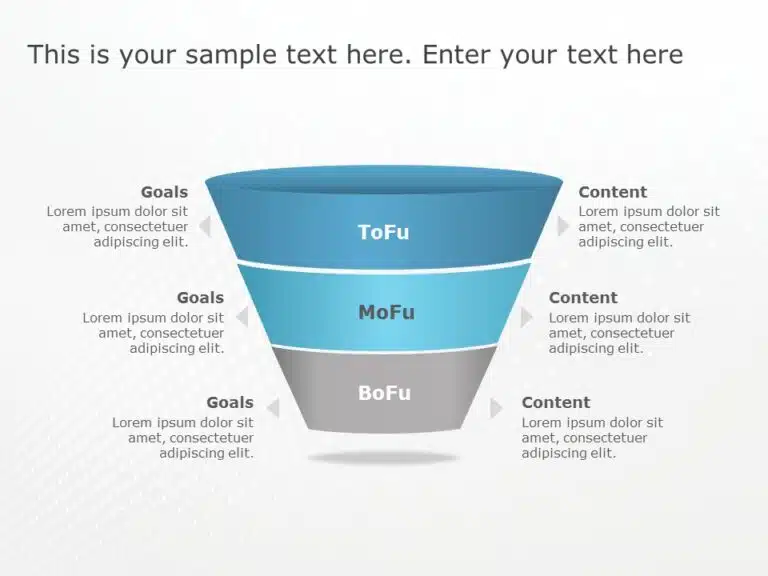If you’re relying only on default conversions like “purchase” or “lead,” you might be missing out on deeper insights. Custom conversions allow you to define specific actions that align with your business goals—even when those actions don’t follow a standard template. They give you more flexibility, accuracy, and control in your paid traffic campaigns. In this article, you’ll learn what custom conversions are, why they matter, and how to implement them properly.
What Is a Custom Conversion?
A custom conversion is a user-defined event that you create by specifying a set of rules or triggers—often based on specific URLs or conditions. Unlike standard events (like “Add to Cart” or “Complete Registration”), custom conversions let you track and optimize for micro-actions or business-specific steps.
Examples:
- Thank-you page after scheduling a call
- A specific button click (e.g., “Download PDF”)
- Completing a quiz or onboarding step
- Viewing 75% of a video sales letter
- Subscribing to a newsletter but not purchasing
Where Custom Conversions Are Used
- Meta Ads (Facebook/Instagram)
- Google Ads (via GTM or gtag.js)
- TikTok Ads
- LinkedIn Ads (with Insight Tag)
- Pinterest and Twitter Ads
- CRM-integrated tracking systems
These allow you to go beyond standard goals and track actions unique to your business.
Benefits of Using Custom Conversions
- More precise tracking of meaningful actions
- Improved ad optimization based on better signals
- Ability to run more advanced A/B tests
- Customization for different funnels or offers
- Increased clarity in attribution reports
You define success based on what matters to your business—not just default templates.
How to Create a Custom Conversion (Example: Meta Ads)
- Install the Meta Pixel on your website
- Go to Events Manager > Custom Conversions
- Choose a URL rule or parameter (e.g., /thank-you, /checkout-complete)
- Name your custom conversion and assign a value (optional)
- Use this custom conversion as your optimization event in campaigns
Tips for Using Custom Conversions Effectively
- Use clean and unique thank-you page URLs for easier rule setting
- Avoid overlapping rules with standard events (to prevent confusion)
- Validate your conversion firing using pixel helper or tag assistant tools
- Monitor custom conversions inside platform analytics (not just Google Analytics)
- Keep naming conventions clear (e.g., “PDF Download – Funnel 1”)
When to Use Custom Conversions
- Tracking success in lead generation funnels
- Measuring content engagement
- Monitoring multi-step processes
- Evaluating non-standard business goals
- Distinguishing between warm leads and qualified leads
Final Thoughts: Customize What Success Means
Every funnel, offer, and business is different—so why rely only on default metrics? Custom conversions let you define and track what truly matters. They give platforms clearer signals, improve optimization, and help you grow smarter. Track what counts, not just what’s common.

